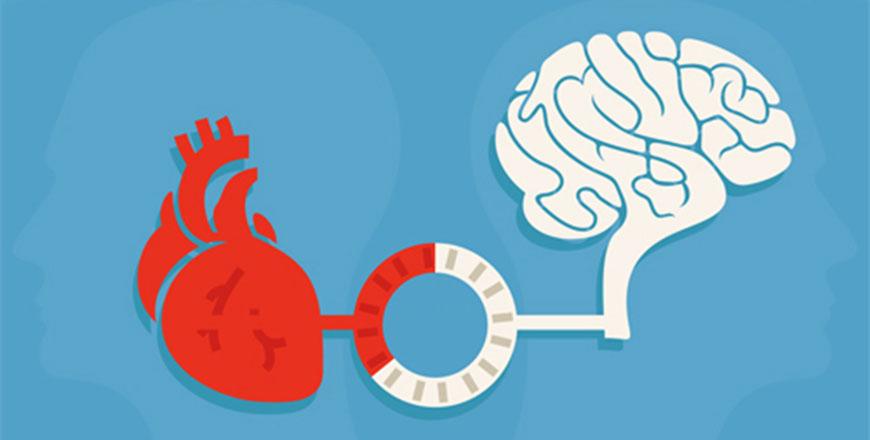You are here
Jordan Paramedic Society looks at mental health issues related to COVID-19 crisis
By Bahaa Al Deen Al Nawas - Aug 23,2020 - Last updated at Aug 23,2020
AMMAN — The Jordan Paramedic Society (JPS) has conducted a survey to study the impact of the coronavirus pandemic and lockdown on its employees, following the example of psychological research conducted in the past during the aftermath of outbreaks, natural disasters and life-threatening events.
The JPS said that the World Health Organisation (WHO) deemed COVID-19 to be associated with increased levels of anxiety and stress as the main noticeable psychological impact, according to a paper written by Lama Abusheikha, JPS team member.
“We strongly believe in the integration of the mental health system and how it is directly connected with the physical health. We saw that if we were able to determine how hard coronavirus has been affecting people mentally, then certainly we can make big and important steps towards the full continuum of health services,” the society said in a paper shared with The Jordan Times on Sunday.
The JPS reviewed many studies and used evidence-based rating scales to assess the matter, finding that nearly five in 10 JPS employees, who participated in the survey, had effects on their usual daily behaviours and level of anxiety due to COVID-19.
The survey revealed that those who had better understanding of the entire pandemic situation were associated with higher rates of anxiety and depression, 46.2 per cent and 61.5 per cent respectively.
The paper cited a summary of studies in the American Psychological Association Journal, which indicate that media exposure made people more aware of threat, activating the “fight or flight response”, which can lead to subsequent physical and mental health problems.
The JPS survey revealed that 11 per cent of their employees spend more than three hours each day, reading and focusing on the COVID-19 news and the same segment were “more likely to experience increased levels of distress and worry”.
Around 61.6 per cent of the respondents said that they experienced physical symptoms, not related to the coronavirus, since the outbreak of the pandemic in Jordan in March.
The paper said that evidence suggests that panic could lead to psychosomatic problems and other serious effects, establishing both correlation and causation.
Moreover, nearly 97 per cent of the respondents said that they were worried someone in their family would catch the virus more than they worried about themselves.
In light of the stressful situation, the JPS suggested implementing various ways to protect mental health, including having companies allow employees to work remotely one day per week to make their lives easier and less stressful.
Using the Sehtak application also helps, the JPS suggests saying that credible information and news about the coronavirus help avoid the bad influence of rumours.
“We should act now to address the mental health needs associated with the pandemic and ensure that psychological support services are in place and available for people who need them,” the paper said.
Related Articles
Adults with mood disorders like anxiety and depression may be more likely to have a heart attack or stroke than people without mental illnes
More than one quarter of professional footballers who took part in a survey conducted by the world players' union said they suffered from depression or anxiety, FIFPro said Wednesday.
AMMAN — The COVID pandemic has increased significantly the number of patients visiting psychiatrics, as well as the number of patients visit



















